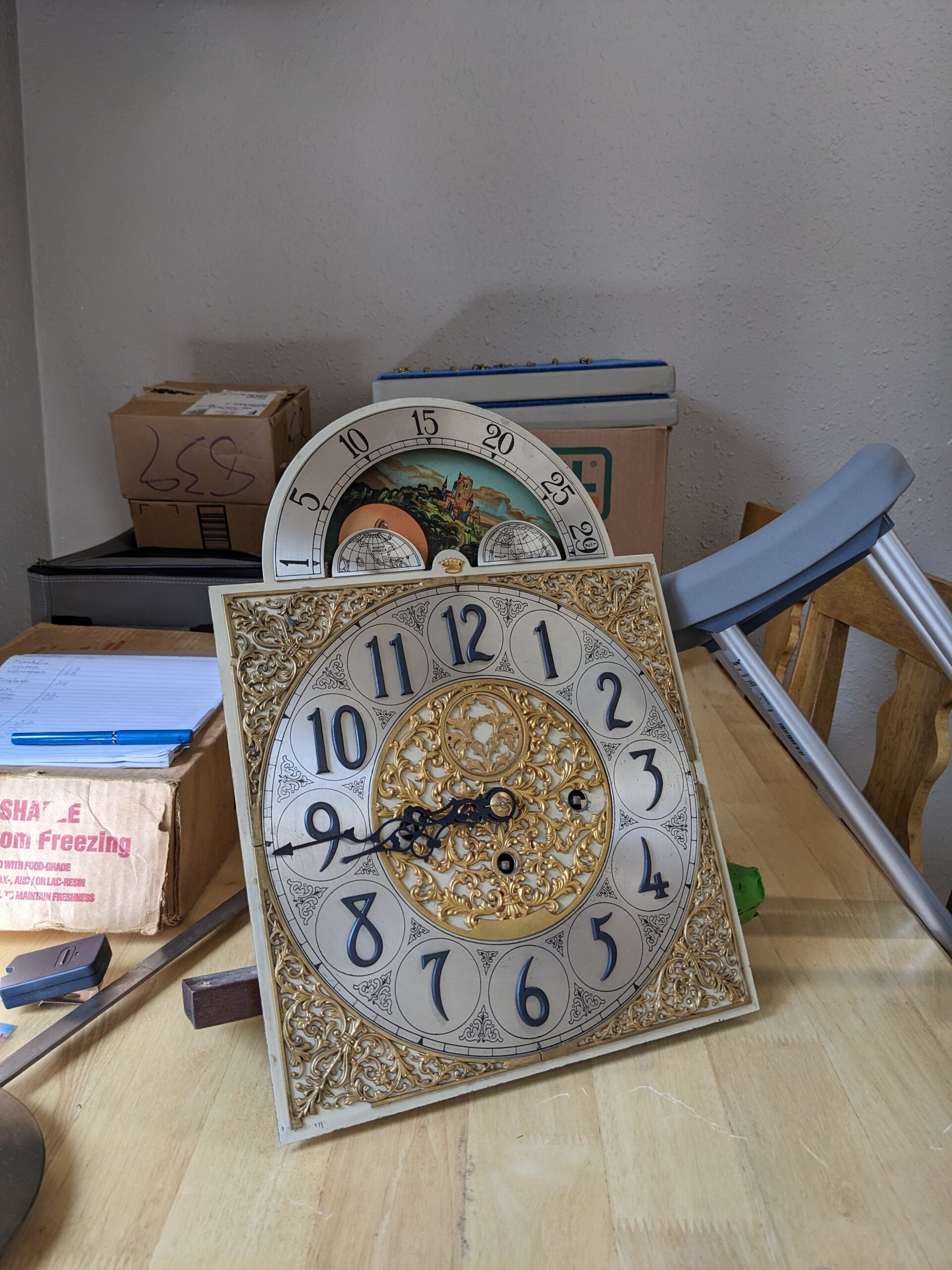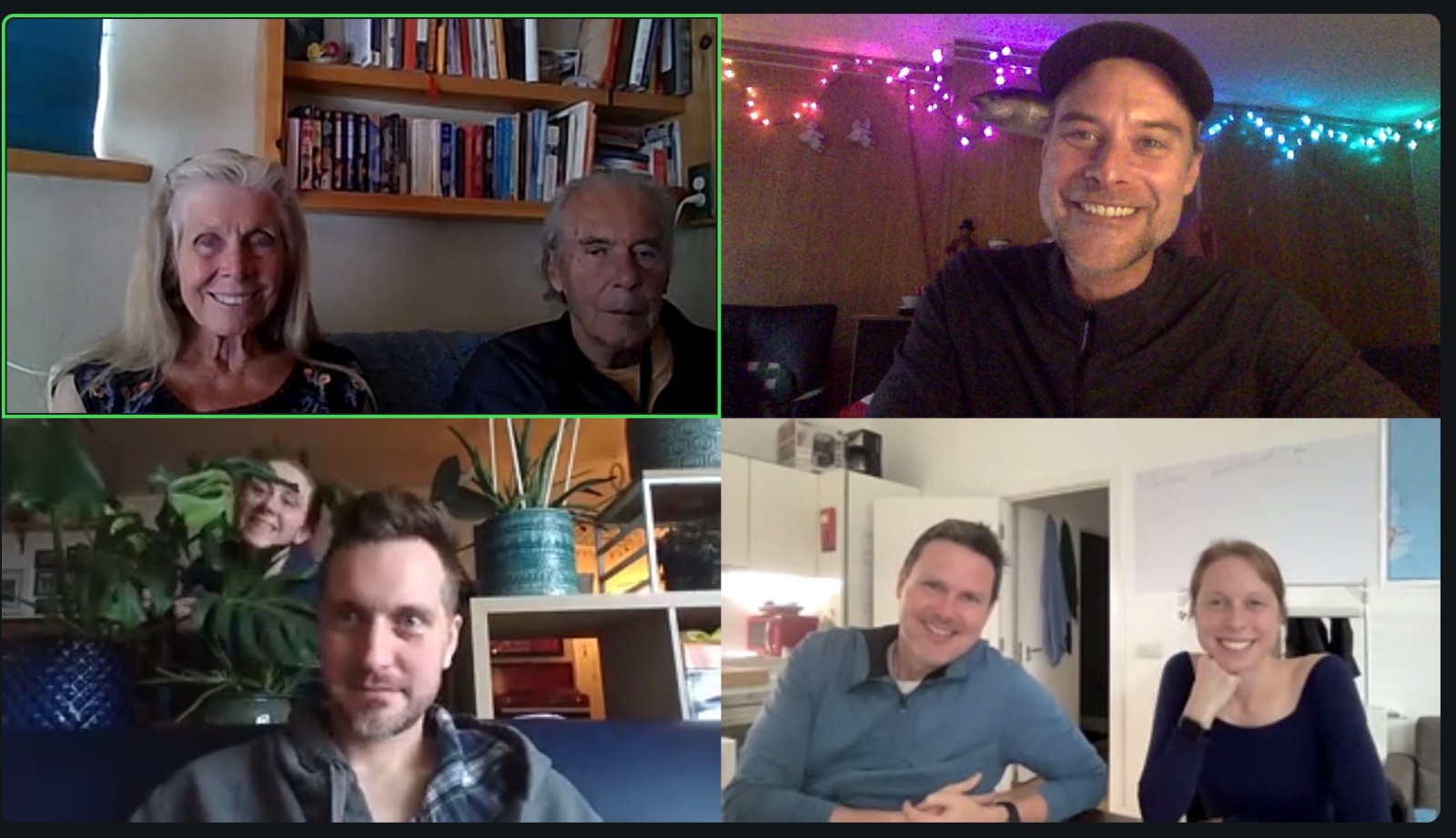
Andy was not a tyrant by nature but his illness made his continuous needs and requests of me feel tyrannical.
When Andy’s abilities were being challenged and compromised by his disease, I was there
helping with everything as it came up. Unintentionally we became caught in a vicious circle
where I had less and less time for myself and that turned into never having time that wasn’t going
to be potentially interrupted. It happened gradually.
Like many couples, our long marriage (thirty plus years at the time) had evolved into a nice flow
of communication, jobs shared, tasks done and personal time realized. If one of us became sick,
the other would step it up, pitch in more and take on the work necessary that the other couldn’t
do. It was a good solution for an acute problem.
Parkinson’s was different as is any chronic incurable disease. As I’d step it up and take on more,
Andy’s illness didn’t end and neither did the extra responsibilities. We found ourselves in a
situation where Andy called me for any and every need he had as it came up. Sometimes it was
really important and required immediate assistance and other times he could have waited. Andy
was not a tyrant by nature but his illness made his continuous needs and requests of me feel
tyrannical.
One morning, after every task I did for myself, from brushing my teeth to doing yoga and
meditation was interrupted numerous times with Andy’s needs. I fell apart and I was upset. How
could I meet his needs and take care of myself at the same time? I didn’t know the answer. Andy
had been seeing a local counselor weekly, for a few months, to help him come to terms with the disease he had. Ted was a resource for our whole community because his depth and wisdom was extraordinary. I called and he agreed to see us together that afternoon. He squeezed us in because I said this felt like an emergency.
As wise as Ted was, he always offered practical and pragmatic solutions. He told us our previous
easy flow of activities needed a structure to support our new circumstances. Since my 1.5 hour
morning ritual of wash up, tea, yoga, meditation and journal writing was such an important part
of my well being, that’s where he helped us build the structure. Our mornings became a routine
that was no longer easy flowing and ever changeable and formed into something that worked.
We’d get up at the same time and I’d attend to all Andy’s urgent morning needs. This included
helping him to the toilet, washing up, dressing, preparing breakfast and feeding him and settling
him into a comfortable spot. It was usually around 8:00am by then. Then it was my turn. I had
1.5 hours that he’d agreed not to interrupt under any circumstances barring an all out emergency.
We kept to this schedule for a long time. My sanity was restored and my anger dissipated
knowing I was able to have this much needed personal time almost every day.
Affection is another subject that falls in the same category of needing structure and routine
where none was needed before. Parkinson’s patients have “on” and “off” times when they are
more or less able according to their medication. Many diseases have times of feeling more “well”
or more “sick” or “lucid” or “confused” and on and on. We learned that five or ten minutes of
lying in each other’s arms and relaxing into a blissful hug of deep affection restored both of us.
Taking that time every day was essential to our well being, even if we had to set an alarm for it at
two am because that was when the patient was at his best.
We found that, when challenged with disease, small changes creating structure that allowed for
self care triggered balance and contentment.






Be the first to reply